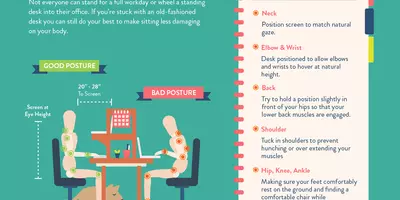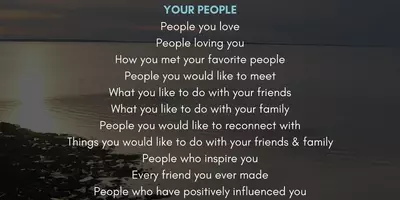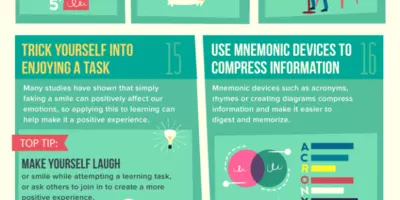
Aug 24, 2017 ● Sheryl Posnick
Why You Should Say "Thank You" Instead of "Sorry"
Most people say "sorry" or "I’m sorry" too often—women in particular. You’re probably aware of whether this is an issue for you. And yes, some situations do call for a true apology: if you bump into someone or you’re expressing sympathy, sorry away! Ditto if you're expressing genuine regret for a mistake you made. But not all situations call for your apology!
Take being late, for example. Instead of rushing in and saying “Sorry I’m late!” try using appreciation instead: “Thank you for waiting!” This little script flip changes a situation from being fault-based (yours) into gratitude based (i.e. warm fuzzies for your coworkers).
Try it in other scenarios, as well. Say someone catches a mistake in your press release. Instead of, “Oh, I’m sorry!”, how about, “Thanks! Good catch!” Substantive constructive criticism? Instead of “I’m sorry I didn’t get that right,” try, “Thank you for that helpful note!”
Saying "sorry" has become so automatic these days that it’s almost used (and received) with very little weight. If you can be more sparing with your apologies, they will seem more genuine. Try a new strategy of only apologizing when an apology is really merited. At all other times—when you’re just trying to be polite—try expressing your gratitude and appreciation for others instead. Thank them for being slightly inconvenienced and then move on. Usually, whatever you would be apologizing for is minor—traffic holding you back, a typo, etc.—and hardly worth the penitence.
By saying "thank you" instead, you are not allowing your status and good opinion to be devalued, and you have the added bonus of expressing your friend or colleague’s value, which will always make them feel better. They’ll then see you in a more positive light. Win/win!
It works outside of the office, as well. You just talked your pal’s ear off? Don’t say, “Sorry I rambled.” Say: “Thank you for listening to all of that!” Instead of “Sorry I took up so much of your time,” try “Thanks for spending so much time with me today!”
It goes on and on. You’ll find your apologies will be more genuine and both you (and whomever was waiting for you to arrive at the meeting) will both feel better after your thanks than you would have otherwise. So flip that negative to a positive whenever possible.


